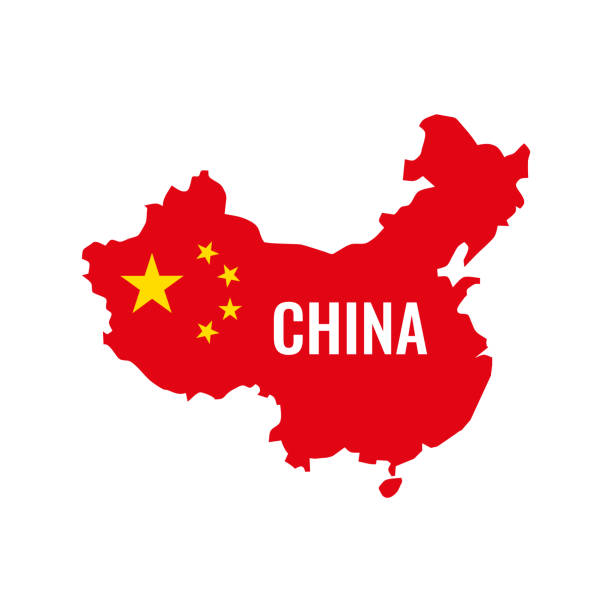From my independent research, I think we have the following to take note of if we are serious about really lifting folks out of poverty:
- Support of government at all levels must be secured. We must get rid of administrators who believe it is unnecessary or impossible.
- There is a need to mobilise the youths en masse for sensitisation in every village. I have been talking about a return to the kind of energy and youth mobilisation we saw during MAMSER in the 1980s/1990s.
- The strategy must be fashioned around the building of infrastructure and provision of jobs.
- There will be need to relocate some villages. But this is where trouble will be found. Villages, say in parts of Niger Delta or the North, will not want to move since they are used to what they have. It will help to have prototypes of the plans government has for them, to show examples and to just start somewhere.
- Private sector involvement – very key, and indeed this could be the game-changer. If China can do it, so must we. The private sector comes with capital, technical expertise, a commitment to standards, and less drama, more speed.
- Product diversification – one of the lessons of Chinese poverty eradication is how farmers are helped and encouraged to take on more than the farm products they are used to.
- Significant measures were applied to reach the goal. Banks were encouraged to give microloans to farmers. Rural cooperatives were set up in many places allowing farmers to put together their resources to raise production. This is a testimony that commodity boards and cooperatives actually work.
- A National registration system helps with data. Targeted support contact card should be issued to households. Without something close to correct data, everything falls apart.
- Monitoring and evaluation is key. Carrot and stick used on cadres who administer this process. Salary cuts, demotions, and reduced bonuses are used to keep administrators in check while benchmarking their effectiveness on the job.
- Remove the role of clans and gangs. Put in governmental structures down to the village. Village Poverty Alleviation Working Committees were used in China. These are party members. The APC could use this to engage their structure.
- Nigeria to benefit from UK funding to tackle antimicrobial resistance
- Man who killed wife in Lagos arrested in Ogun
Lastly, an emphasis on private sector involvement with this quote from a Wikipedia article:
“As part of the “10,000 Enterprises Help 10,000 Villages” project, companies like the Alibaba Group have been very visible in poverty alleviation in recent years. Alibaba has lent over 100 billion RMB (US$14.3 billion) to more than 2 million users in poverty-stricken counties in the PRC. Between 2017 and 2022, the holding plans to invest 10 billion RMB (1,43 billion USD) into poverty alleviation projects in the fields of education, e-commerce, health, women empowerment and environmental protection. One of Alibaba’s biggest initiatives is the establishment of Taobao Villages that are named after Alibaba’s online shopping website Taobao. These villages are transformed into e-commerce hubs to encourage farmers to sell their products online. Annual e-commerce transactions of over 10 million RMB and more than 100 online stores qualify a village for the title Taobao Village. Taobao Villages were established in cooperation with villagers who had returned from bigger cities with entrepreneurial skills and the support of local governments providing infrastructure, e-commerce training, finance and subsidies for specialized e-commerce service providers and companies.”
Also from the same World Bank article, we learn that the donation sphere must be opened up and carefully managed. Hear:
“(There is) also the Social Participation in Poverty Alleviation and Development in China” run by the China Social Poverty Alleviation Network. On this website, people that are classified as poor can ask for donations for medical, educational or housing purposes. By donating on this website, people can directly support poverty-stricken households. Moreover, people can buy products from poor regions and crowdfund poverty alleviation projects.”
I think strongly that we need to move away from deliberate clumsiness and a perpetuation of fraud. We have seen all sorts of slack policies under the previous administration. We have seen how easily Tradermoni, Marketmoni, NSIP, N-POWER and many other schemes have fizzled out, just like many more before them.
The point is that with deliberateness, honesty, and an organized mindset, any government which gets it right in this regard, can only have written its name in gold. I believe the Tinubu administration can do it and the time to start is now. The more we start to honestly document, the higher our GDP will grow. Nigeria needs to depart from this realm of ignominy, and the world is waiting for us as the next biggest brand.
China on the other hand, has provided a workable strategy and the successes point to the fact that we don’t really have to reinvent the wheel. The key processes are clear:
- Document honestly. This saves the country money and targets specific problems of families. Good data is key.
- The highest political echelons should be directly involved
- Look out for fraud and honesty. Punish and reward as appropriate.
- Get the private sector involved. Poverty eradication is bankable even if the margins are low. Private sector entities that get involved should not look to maximising our profits.
- Deploy technology. Emphasise education. Declare war on the out-of-school-children phenomenon.
- Have a mass mobilization project driven by youths, that changes the mindset of the poor people.
- Target increased productivity even as you attack poverty in the land.
- Use the poverty eradication project to drive renewed housing, urban and rural regeneration, healthcare and food security. It is a sure way to open up and integrate rural areas and probably reverse rural-urban drift.

 Join Daily Trust WhatsApp Community For Quick Access To News and Happenings Around You.
Join Daily Trust WhatsApp Community For Quick Access To News and Happenings Around You.


